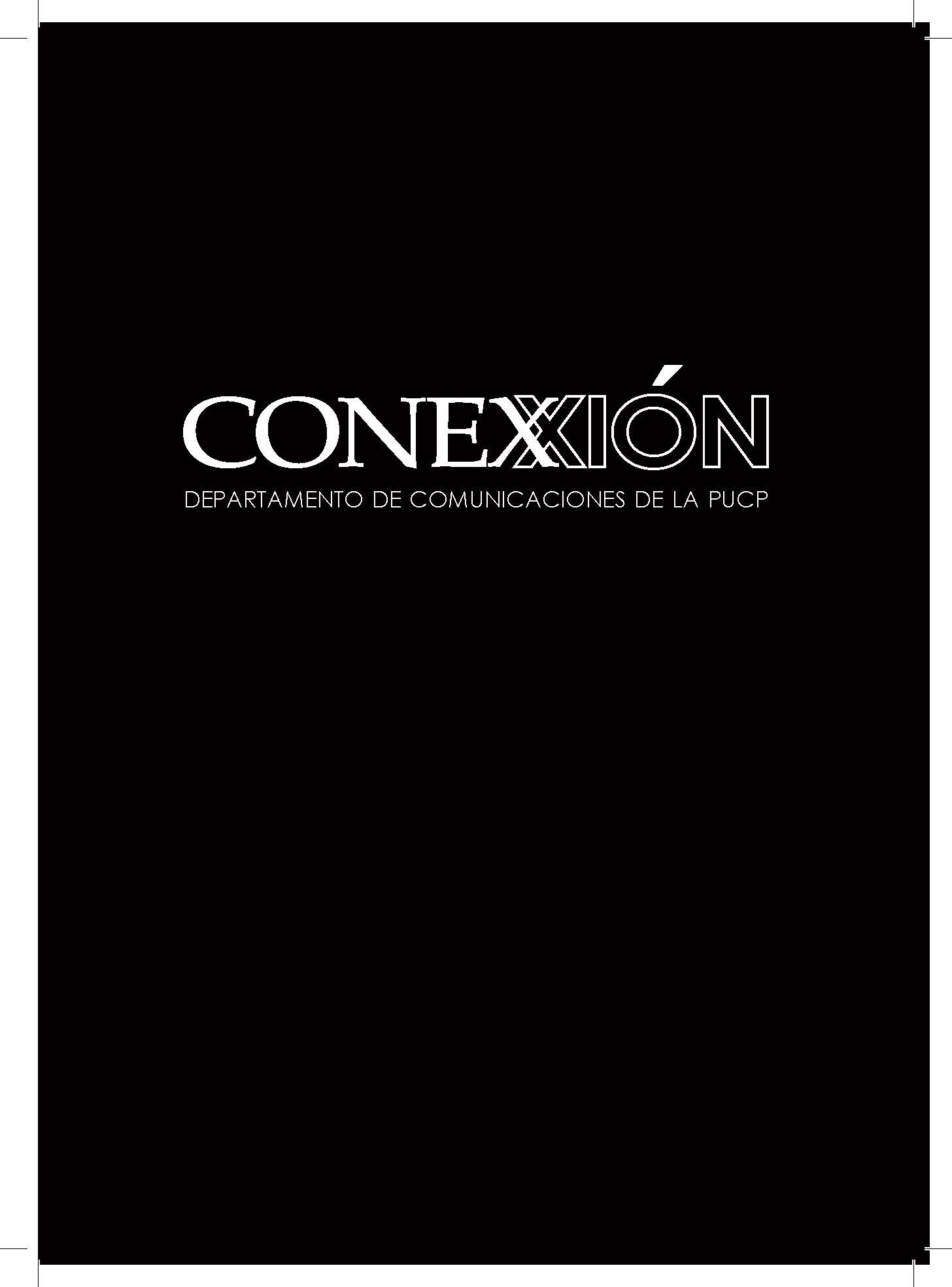Memorias de infancia y nación imaginada en la correspondencia de José María Arguedas
DOI:
https://doi.org/10.18800/conexion.201601.004Palabras clave:
José María Arguedas, Género epistolar, Perú siglo XX, Cosmovisión andinaResumen
Este artículo aborda las memorias de infancia que José María Arguedas reconstruye en sus cartas y la recreación e imaginación de sí mismo como símbolo de la nación peruana. Sus recuerdos retratan sentimientos ambivalentes de sufrimiento y ternura, con especial acento en la necesidad de protección, y de identificación con el mundo oral y la cosmovisión andina, creando un nuevo sentido de “otredad”: uno ligado más a las emociones y los afectos. Arguedas se construye a sí mismo como un puente viviente en la cultura peruana y como la encarnación de un país diverso y lleno de contradicciones.
Descargas
Descargas
Publicado
Cómo citar
Número
Sección
Licencia
Derechos de autor 2016 Conexión

Esta obra está bajo una licencia internacional Creative Commons Atribución 4.0.














